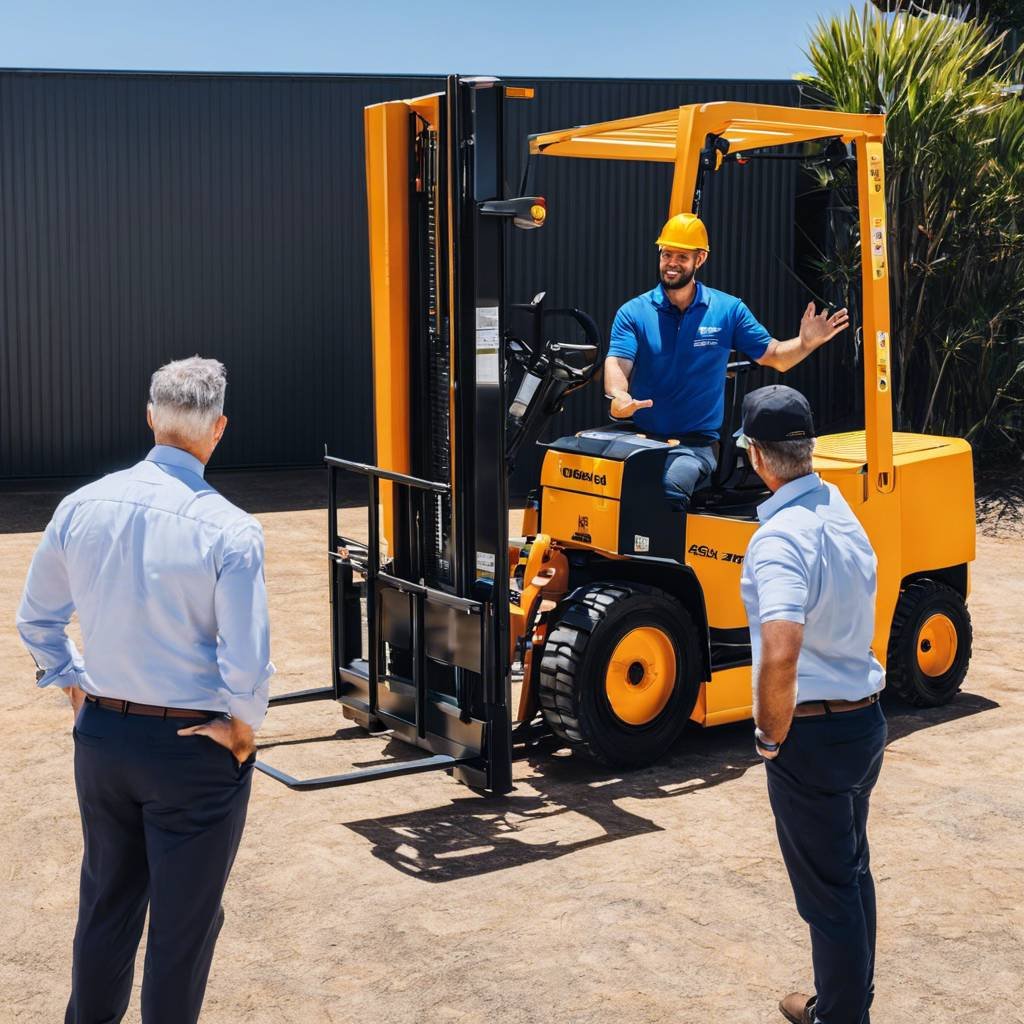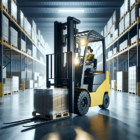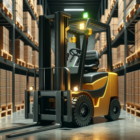When managing a fleet or considering the financial implications of operating heavy machinery like forklifts, understanding stock performance and ratings in interconnected industries can be insightful. It’s akin to observing the analysis of companies like Blink Charging Co., which recently showed a stock performance uptick by 0.93%. It’s a sharp reminder that in the realm of heavy machinery and fleet management, being informed on market trends is just as crucial.
For businesses in Sydney involved in logistics, construction, or warehousing, forklifts are the backbone of efficient operations. Whether you’re looking at forklift hire in Sydney or you own a fleet, fully grasping the implications of forklift servicing, repairs, and the ongoing debate between diesel forklifts versus electric forklifts could be the difference between operational excellence and costly downtime.
If you’re considering forklift hire in Sydney, it’s essential to weigh the current trends and future innovations in the forklift industry. For instance, the electric forklift, akin to the technology Blink Charging Co. might support in the electric vehicle sector, promises a cleaner, quieter, and more energy-efficient option, particularly important in indoor settings or noise-sensitive environments.
But it’s not just about environmental benefits. The value of electric forklifts could be looked at like the stock ratings; for instance, a score of 41 out of 100 could indicate a moderate performance. Electric forklifts often shine in moderate to high turnover environments – where their lower operating costs and reduced emissions make them a smart investment. Yet, like stocks, they may not always be the right fit; just as investors scrutinize a 41 rating and consider their options, logistics managers must consider the unique needs of their operations.
On the flip side, diesel forklifts are often seen as the workhorses of the industry, delivering raw power and higher load capacities. They can be the go-to equipment for outdoor operations or in situations where refueling can be done quickly, minimizing downtime. They could easily represent a stock with a solid performance score, reliable under most conditions, albeit with higher emissions and potentially greater long-term costs due to fuel prices and maintenance.
Furthermore, when it comes down to the nitty-gritty of forklift repairs and servicing, regardless of the type of forklift you opt for, regular maintenance is vital. It’s like the meticulous tracking of a company’s stock rating – constantly evaluating performance and preemptively addressing potential issues before they impact your operations. Opting for professional forklift servicing in Sydney ensures that your equipment remains in top condition, minimizing the risk of costly breakdowns and operational delays.
Brands like Toyota Forklift continually innovate and push the boundaries of what’s possible in material handling. But it’s not just about the brand; it’s about how the equipment fits into your logistical equation, comparing short-term and long-term operational costs, much like investors analyze financials and performances of stocks like BLNK.
To make informed decisions, it’s crucial for businesses to partner with providers that offer a range of services, from hire to repairs, and that understand the industry insights that could impact the efficiency and cost-effectiveness of your operations.
In summary, as the electric vehicle industry and companies like Blink Charging Co. evolve and stocks are meticulously rated for performance, so too must operators in the heavy machinery and forklift sectors stay attuned to industry developments. Whether it’s choosing between a diesel forklift or an electric one, considering forklift hire in Sydney, or ensuring that your fleet receives top-notch forklift servicing, the decisions must be data-driven and strategically sound, mirroring the due diligence investors would apply to their portfolios.
Your forklift provider should offer the reliability and performance akin to a well-rated stock – consistent, dependable, and well-suited to your business needs. It’s all about finding the right balance between immediate needs and long-term sustainability to power through the shifts and demands of your unique industrial landscape.





